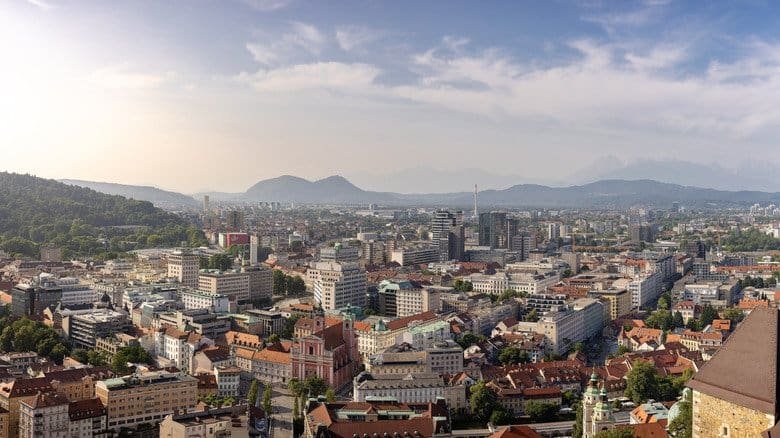Contents
The Rise of Remote Work and the Digital Nomad Visa Trend
Remote work has become a significant trend over the past decade, with many professionals prioritizing work-life balance while seeking opportunities to combine productivity with travel. The global lockdowns in 2020 accelerated this shift, leading to an exponential increase in individuals adopting a digital nomad lifestyle. In response, more countries are now offering specialized “digital nomad visas” that allow remote workers to stay in the country for extended periods.
As of 2025, over 70 countries have introduced these visas, with Slovenia recently joining the list. This move reflects a growing recognition of the digital nomad community and its economic potential.
Popular Destinations for Digital Nomads
Many European countries already offer digital nomad visas, making them attractive options for remote workers. Spain, for instance, is known for its low cost of living and vibrant culture, while Albania offers a mix of affordability and beautiful Mediterranean beaches. Now, digital nomads can also consider Slovenia as a top destination.
Slovenia stands out not only for its scenic beauty but also for its affordability. Monthly expenses for a single person, excluding rent, are reported to be just under $1,000. Accommodation options range from short-term stays on Airbnb to long-term rentals, with prices varying depending on the city, location, and amenities.
Ljubljana, the capital, is a popular choice for expats due to its numerous cafés, coworking spaces, and easy access to nature parks and lakes. For those seeking a coastal vibe, towns like Piran, Koper, and Portorož provide a perfect blend of Mediterranean charm and convenience, allowing digital nomads to enjoy their work while sipping a glass of red wine.
Slovenia’s New Digital Nomad Visa
Slovenia’s digital nomad visa is set to launch in November, granting holders the opportunity to stay in the country for one year. Similar to other digital nomad visas, such as Estonia’s, there is a minimum income requirement that applicants must meet. While Estonia requires a monthly income of $4,130, the exact figure for Slovenia has yet to be announced but will be disclosed before the visa’s official launch.
Applicants must also be non-EU and non-EEA citizens to qualify. Unlike some other visas, such as Portugal’s, which can be renewed yearly and potentially lead to citizenship, Slovenia’s visa is valid for one year. However, there is hope that this may change, as seen with Croatia’s visa, which was recently extended to three years.
Another important rule is that digital nomads can only work with foreign businesses based outside of Slovenia. This means you can be employed by a company outside the country, work as a freelancer or sole trader registered outside the EEA, or be self-employed with clients outside Slovenia.
Why Choose Slovenia?
While neighboring countries like Italy and Croatia also offer digital nomad visas, Slovenia has several unique advantages. It is an underrated destination that offers stunning natural beauty, including fairy-tale-like lakes and castles. The country is also seeing a rise in coworking spaces and cafés, making it an ideal spot for remote workers looking to settle down for a while.
Slovenia provides a budget-friendly European experience without compromising on quality of life. Its combination of natural beauty, cultural richness, and affordable living makes it an appealing choice for digital nomads seeking a new temporary home.
Discover More Hidden Gems
For those interested in exploring more hidden destinations and gaining expert travel insights, subscribing to a free newsletter can provide access to the world’s best-kept travel secrets. Whether you’re planning your next adventure or simply curious about the latest trends, there’s always something new to discover.




